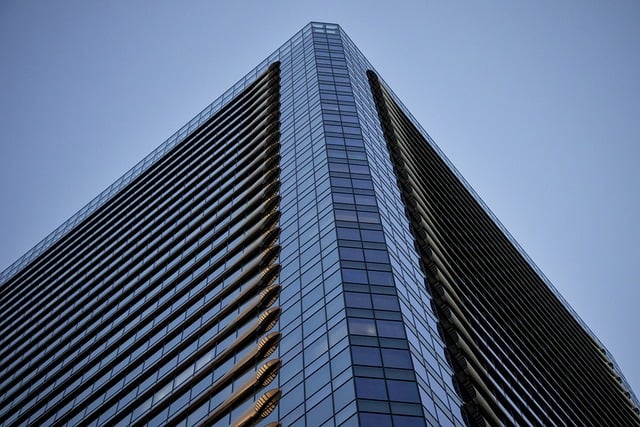In the diverse real estate market of Karachi, understanding property tax is vital for residents and owners in the bustling Gulberg Town neighborhood. Taxes are calculated based on property value and factors like location, size, age, and market trends, funding public services and infrastructure development. Local authorities oversee tailored assessments, as tax obligations vary significantly by property type (residential or commercial). Staying informed about regulations, staying current with policy changes, making timely payments via digital platforms, and maintaining accurate records are crucial for compliance, community betterment, and managing financial burdens in Karachi's dynamic landscape.
“Exploring property tax dynamics in Karachi’s vibrant Gulberg Town is essential for both residents and investors. This comprehensive guide delves into the intricacies of understanding and managing tax obligations in this bustling metropolis. With a focus on Karachi, we’ll navigate the process, offering insights on optimizing tax payments. From assessing property values to exploring exemptions and deductions, these strategies empower individuals to make informed decisions. By mastering these tactics, you can ensure compliance while potentially reducing your tax burden in the vibrant landscape of Gulberg Town.”
- Understanding Property Tax in Karachi's Gulberg Town
- How to Manage and Optimize Your Property Tax Obligations in Gulberg Town, Karachi
Understanding Property Tax in Karachi's Gulberg Town

In Karachi, especially in the bustling and vibrant neighborhood of Gulberg Town, understanding property tax is essential for residents and property owners alike. Property tax plays a crucial role in funding public services and infrastructure development within the city. The tax is calculated based on the value of the property, taking into account factors like location, size, age, and market trends. Karachi, being one of Pakistan’s largest metropolises, has unique considerations when it comes to property taxation, reflecting its diverse real estate landscape.
Gulberg Town, known for its residential and commercial complexes, requires a tailored approach to tax assessment. Homeowners here should be aware that their tax obligations can vary significantly depending on the type of property they own—be it an apartment, a villa, or a commercial space. Local authorities in Karachi are responsible for administering these taxes, ensuring fair distribution and utilization of funds for the betterment of the community. Staying informed about property tax regulations is key to ensuring compliance and contributing to the overall growth and development of Karachi.
How to Manage and Optimize Your Property Tax Obligations in Gulberg Town, Karachi

Managing property tax in Gulberg Town, Karachi, involves a strategic approach to optimize your financial obligations. The first step is to understand the tax structure and rates applicable to your area. The City District Government Karachi (CDGK) typically assesses property tax based on factors like property type, size, location, and market value. Stay informed about any changes in tax policies or exemptions that might be available for specific categories of properties, especially residential units. Regularly reviewing these guidelines can help you avoid unexpected bills.
To optimize your tax obligations, consider making timely payments to avoid penalties and interest charges. Many municipalities offer digital payment platforms, ensuring a convenient and secure transaction process. Additionally, keeping accurate records of your property’s documentation, such as purchase agreements, renovation permits, and utility bills, is essential. These documents support your tax assessments and can be used to challenge any discrepancies or calculate potential savings based on deductions and exemptions. Proactive management allows you to stay compliant while potentially reducing the financial burden in the vibrant city of Karachi.
In conclusion, understanding and efficiently managing property tax in Karachi’s vibrant Gulberg Town is a key aspect of responsible property ownership. By staying informed about local regulations and employing strategies to optimize tax obligations, residents can ensure financial stability and contribute positively to the city’s development. Karachi’s ever-evolving landscape demands proactive measures, making it crucial for property owners to stay engaged and take advantage of available resources to navigate their tax responsibilities effectively.



